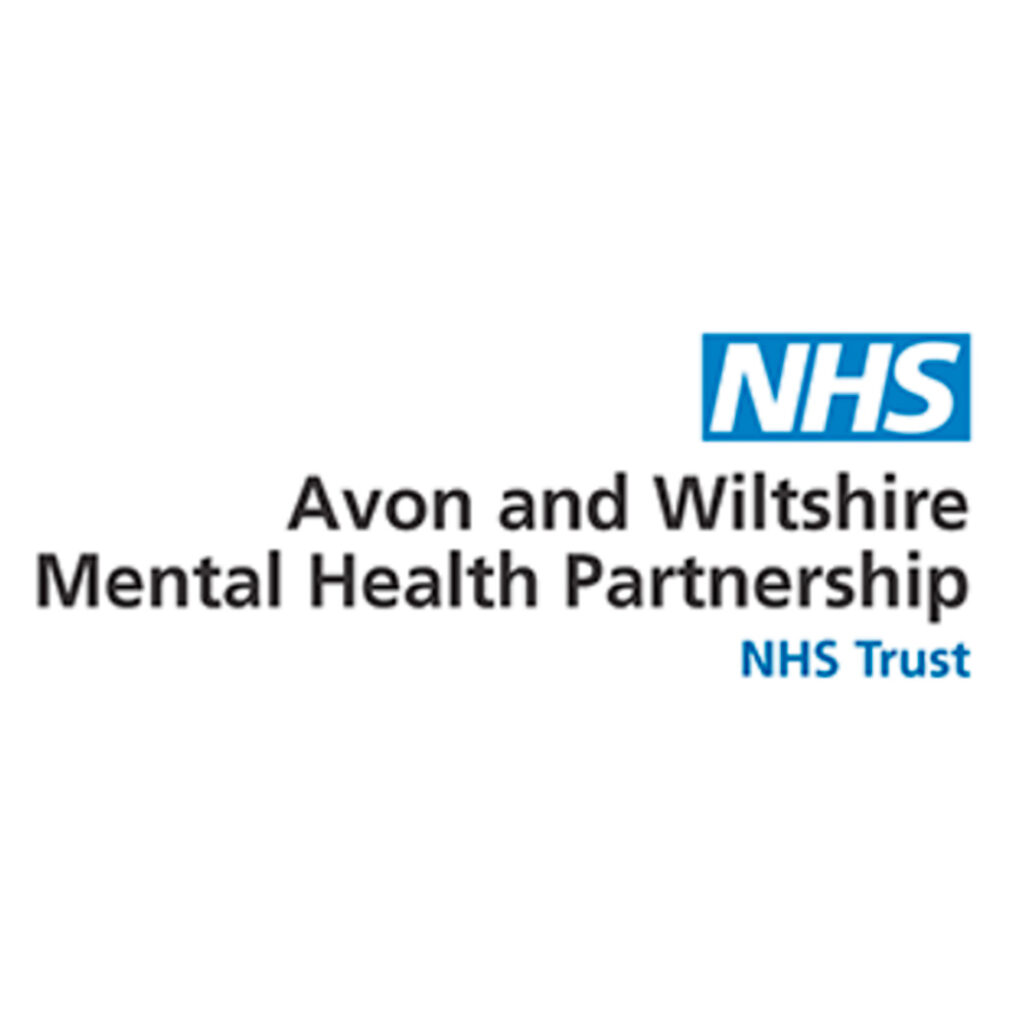Case Studies
AWP: Mentoring Skills Training Creates a More Empowering and Supportive Culture
Key facts and figures

The impact of the coaching programme has been far greater than we'd expected - we're getting very positive responses. It seems to have taken hold and is improving managers confidence and performance. Managers have reported spending less time on problems and "why it's not fair". They also talk about a decrease in anxiety and an increase in ability and action. A notable example is that staff no longer take on their colleagues problems. The solution focussed coaching approach is rippling through the organisation and becoming the way we do things around here
HR Director, NHS Mental Health Trust
Business priorities:
Create a more empowering and supportive culture and style of leadership
Sector:
Hospital and Health Care
Lead contact:
HR Director
Employees:
4000+ staff
Locations:
UK
Our client’s challenge
Our client is a Mental Health Partnership NHS Trust. It is one of the UK’s largest and most widely spread mental health providers. With well over 4000 staff, 16 inpatient sites and over 100 community based sites, the Trust has more than its share of management challenges.
The key challenge the organisation needed to overcome was to change the culture and style of leadership from one that was top-down and directive to one that was more empowering and supportive. In other words, more of a coaching and mentoring style of leadership.
Our solution and results
Rather than adopt a traditional approach of working “top-down”, we decided to adopt the philosophy we wanted to create through the Programme and requested volunteers to be involved in the first two cohorts.
Solution-Focused Mentoring Framework and Toolkit
We provided participants with a mentoring toolkit and taught them the solution focussed mentoring model, OSKAR.
Three Levels of Learning
We designed a Programme that operated on three different levels:
Level 1: Training – developing mentoring skills in the controlled environment of an initial two-day workshop that introduces the OSKAR framework and integrates theory with skill practice followed by Follow-Up and Review Days to provide peer support and supervision
Level 2: Mentoring – applying skills by mentoring direct reports and others in the workplace
Level 3: Being mentored – facilitating the development of their leadership skills through receiving 1:1 mentoring with an external professional
Impact of the Programme – The Ripple Effect
The volunteers who participated in the first two cohorts got so much value from the Programme that they quickly recommended it to others. The positive effects of the Programme and participants new way of managing started rippling through the organisation. These included:
- Less negativity and a more positive culture
- Team members empowered and energised, giving everyone more time
- Staff becoming more self-reliant and less dependent
- People feeling more positive and enjoying work therefore being more proactive
- Greater progress being made and things moving forward
- Improved relationships
- More frequent celebration of progress
- More action, less discussion
